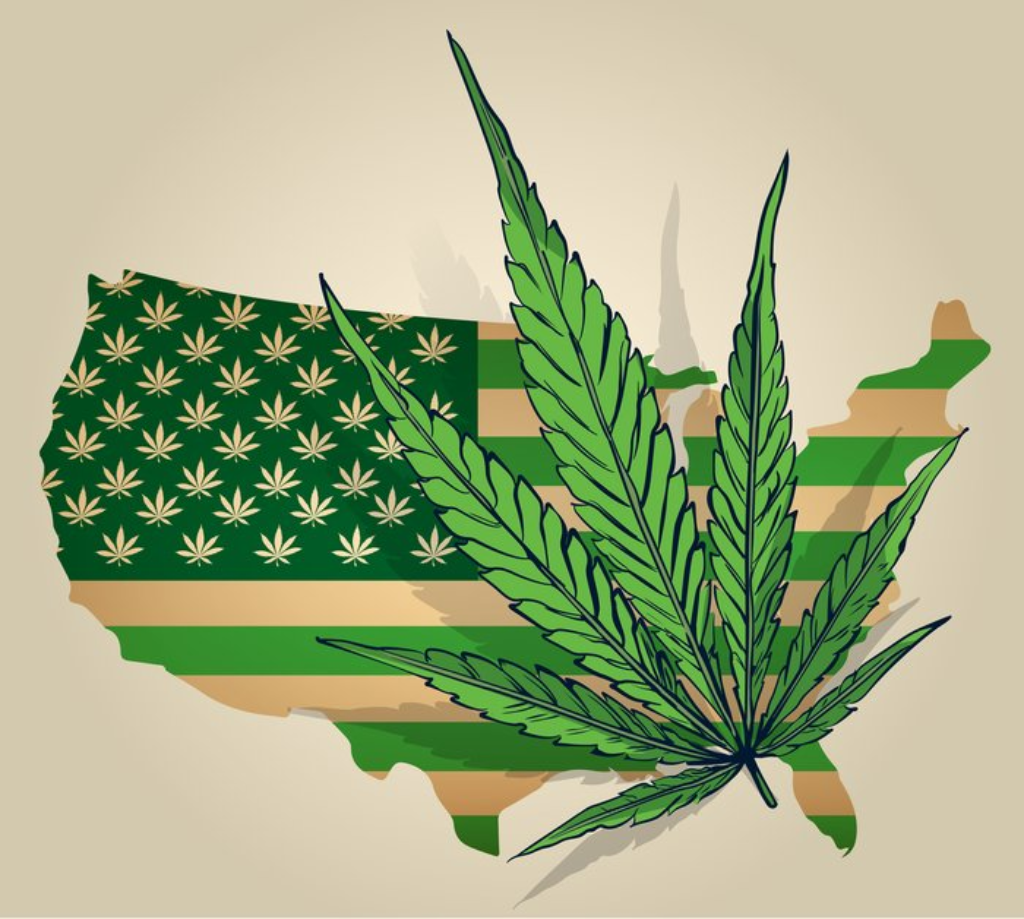
South Dakota citizens talked unequivocally when they authorized both clinical and recreational maryjane during Tuesday’s political decision. Yet, the state’s lead representative says that was “some unacceptable decision,” and a top legislator is voicing worries about executing the grown-up use program, which is presently secured in the state Constitution.
“I was actually restricted to these measures and immovably accept they’re some unacceptable decision for South Dakota’s people group,” Gov. Kristi Noem (R), revealed to The Argus Leader. “We should discover approaches to reinforce our families, and I believe we’re making a stride in reverse in that exertion.”
Then, House Speaker Steven Haugaard (R) said on Wednesday that the more extensive legitimization activity contains various arrangements that should be tended to administratively.
“You truly need to sort out if an established change is adequate in itself to explain a portion of those issues,” he said. “I speculate we will have a few difficulties to that since it is so long.”

“Indeed, even in our council, when we pass a bill that is a section, we invest a ton of energy contending about the phrasing and afterward we may return and in following years and address that, this however is a sacred revision so it’s somewhat more hard to do that,” the speaker said in a meeting with KELO-TV.
“It will be a test to attempt to sort out how would you weave this along with current law—both state and government—so there are a great deal of things that it addresses,” he said.
The speaker didn’t appear to communicate similar worries about the legal clinical cannabis activity that passed. Under the measure, patients experiencing incapacitating conditions will be permitted to have and buy up to three ounces of weed from an authorized dispensary. The state Department of Health has until October 29, 2021 to institute guidelines for the program and afterward should give understanding enrollment cards by November 18.
The protected correction for grown-up use cannabis will make it so individuals 21 and more seasoned will have the option to have and convey up to one ounce of pot, and they will likewise be permitted to develop up to three cannabis plants. Upon formal section, sanctioning will turn into the law on July 1, 2021. The Department of Revenue will be accused of creating authorizing guidelines by April 1, 2022.



So there will be the ideal opportunity for officials to audit and change resolutions before retail deals start. Yet, on the grounds that the insurances are presently revered in the state Constitution, there’s just so much dabbling that legislators will have the option to do. Any enactment they pass provide guidance to how controllers should run the program should comport with the language electors affirmed at the polling booth.
Then, Senate Minority Leader Troy Heinert (D) said that South Dakota has “a guide of different states and how they did it, and we can either decide to take a gander at them and gain from them and see what works and make an arrangement that fits South Dakota or we can simply discredit the desire of individuals and state no we won’t do this, and I would feel that is an error.”
All things considered, he concurred that there are “heaps of rules on the books that will require change—the ownership, ingestion as a crime,” he told the TV station. To execute the recreational activity, the lawmaking body will “need to change [state] rules” on cannabis.
Another potential hindrance could emerge out of the lead representative’s office.
Noem, who recently rejected a hemp bill, was among the rivals of both change proposition. In a video advertisement delivered a month ago, she encouraged constituents to dismiss the change activity, expressing that it’s “bad for our children” and won’t “improve our networks.”
Any enactment to roll out legal improvements to comport with the authorization measure should clear her work area.





